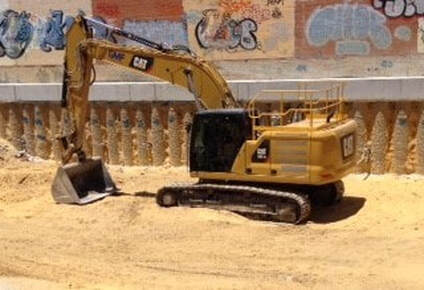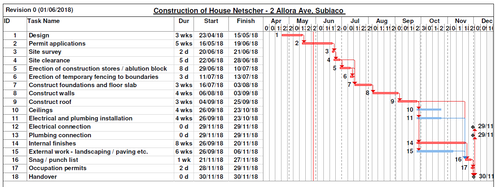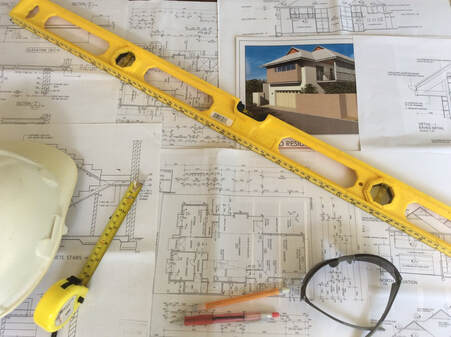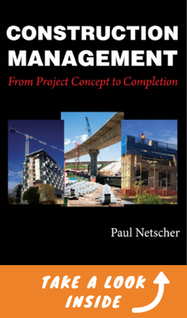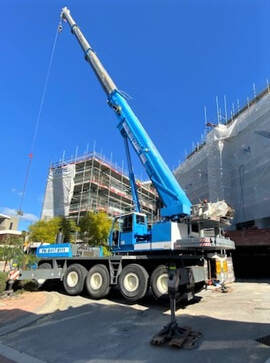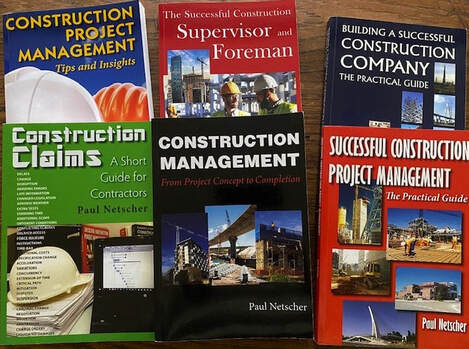Table of Contents
Those embarking on a new construction project must do thorough planning before starting the project. Whether you are simply looking at building a new house or renovating your current home, or embarking on a more ambitious project like developing property to sell or lease, or perhaps a new venture to expand your business, no matter the scale of the construction project good planning before starting the project is essential.
#constructionprojectmanagement #constructionprojects
“Pre-construction is a critical phase in every building project”
Pre-construction is a critical phase in every building project as it involves planning, analyzing, budgeting, and establishing the anticipated needs and potential issues in your upcoming project. Quality pre-construction planning can help the owner decide if the completion of the project is within their budget and if it’s feasible for their current space.
During pre-construction, there are various things to consider to ensure a smooth workflow during construction. Here is your complete construction checklist to help you create an effective pre-construction plan before breaking ground.
Plan a Realistic Project Budget
For your reference, here are the expenses that you need to include on your budget list:
- Material costs
- Land development
- Equipment such as general-purpose access doors, heavy machinery, and tools costs
- Safety and insurance
- Project management and communication software costs
While setting the budget, you also need to communicate directly with your contractor, engineer, architect, design consultants, and business stakeholders to include all necessary items in the budget. Ask your team for suggestions to facilitate the project and correctly add those to the expenditure.
In addition, you also need to make space for unexpected costs to prevent delays. Although you may have a concise budget list now, you can never go wrong with being prepared for potential issues. You can also ask your team for reliable material suppliers to get the best deals.
Acquire Building Permits
Once you have determined the site for your new commercial building, you need to obtain zoning permits. The local zoning requirements refer to the type of structures you can build on the land. These codes essentially dictate the form and make of any building in a particular location.
After receiving the zoning permit, you can now apply for a building permit. This permit regulates a structure’s features, safety, and environmental impact on the surrounding area. Depending on the scale of the construction project, you may also need additional permits for fire safety, plumbing, electricity, and even the elevator.
Applying for permits may be time-consuming, but it is a crucial process in the first stages of construction. When you apply for one, inspectors will come and inspect the site to ensure that everything is up to code and safe before proceeding with the project.
Set a Project Timeline
The construction resources you reqire will also depend on how fast you finish construction. Inform your project manager of whether you need things done more quickly so that they can give you a realistic date without sacrificing quality. Factor in unexpected delays due to weather, labor issues, material shortage, shipment delay, and more. project scheduling – the relationship between time and cost
Request Bids from Contractors
If you plan on building a large-scale structure and want to maximize all possible options, then you can publicly post your bidding request so that any contractor can send out their bids. However, if you’re going to streamline the process or if you’re in a hurry, you can put out a closed request to a select group of contractors.
Once you have all the bids, here are three selection methods to help you choose the best company for the job Checking contractors’ prices:
- Low-bid Selection: Price is often the deciding factor in choosing which proposal to accept. If you’re on a budget, you can use this method to select the lowest-pricing bid.
- Best-value Selection: This method involves choosing the contractor from a technical and financial point of view. The awarding of the contract will depend on the company’s qualifications and proposed budget.
- Qualifications-based Selection: The contractors also need to send a portfolio of their previous projects, workflow, and suggested management plants in line with your project. Unlike the previous selection processes, this method heavily relies on the company’s qualifications and capability to accomplish your goals.
In addition to these selection methods, it is also necessary to hire a licensed and insured construction company. Choose a company that offers both since it shows their confidence and accountability. They also need to have workers’ compensation as it is also a good indicator that you’re doing business with the right people.
After selecting the company that will take care of your future assembly, you can now finalize the budget, permits, and project timeline in a meeting with your new contractor and the rest of the team. Why owners sometimes employ the wrong contractor
Secure Safety Measures and Systems
Construction work is a dangerous profession. It is the employer’s responsibility to implement various measures to minimize risks, such as safety training, equipment, and adhering to these regulations:
- OSHA Construction Site Compliance
- OSHA Safety Inspection Standards
- IHSA Safety Training Guidelines
Establishing safety on site is beneficial not only for the workers but your business as well. The immediate consequence of accidents resulting from neglect has to pay for unexpected costs due to the injury and hefty fines from the Occupational Safety and Health Administration (OSHA). Create a risk management plan with your team by listing down possible risks involved in the project.
“Packed with invaluable tips, insights and advice, Construction Management from Project Concept to Completion is an easy to read project management book that explores the complete construction project lifecycle: from project inception, where the owner decides what they want, where they want it through project execution to completion. Ensure your project is a success.”
Procurement Management
- Plan Procurement Management: The first step in procurement is to create a procurement management plan that includes requirement documents, risk register, resource requirements, scheduling, estimates, and more. You and your team would then determine whether you need external resources. Once decided, your project manager will release a proposal (RFP) request to acquire external goods and services from third-party vendors and contractors.
- Conduct Procurements: The second step is when you review and assess each bid to determine which one is the most ideal for the project. There are various selection techniques that you can employ to ensure that you receive the best value for your budget. Create a purchase order that documents the agreed price, quantity, delivery schedule, and payment terms to ensure transparency.
- Control Procurements: Since you are dealing with external contractors, including the management of these third-party vendors in the general management duties. Although these contractors are professionals, they must request regular updates on progress, review agreements, and work performance to keep the project on track. It is also crucial to ask for work orders to facilitate payment and monitoring.
- Close Procurements: What constitutes completed work should be detailed in the initial agreement to avoid confusion when it’s time to close the contract. Examine the work orders and perform a procurement audit to help you create structure during this process. If possible, it would be best to have a record management system so that you can pull out important paperwork whenever necessary.
Procurement is a crucial phase in pre-construction as there will be instances when you need to purchase, rent, or acquire external resources to accomplish project goals. Before requesting external help, make sure that you have weighed the pros and cons of producing the goods or services from the team. Making an informed decision is crucial so that you can proceed with confidence.
Ready for a successful construction project
Author
Chris Jackson is an experienced Business Development Manager with a demonstrated history of working in the construction industry. He is currently employed by Best Access Doors, an access door supplier in the US and Canada, and has been working for the company for more than 12 years now. His area of expertise is on Negotiation, Roofers, Sales, Project Estimation, and Facility Management (FM)
Do you want to learn how to manage construction projects successfully
“A practical and really helpful guide to navigating the myriad of things to think about when managing a construction project.” Reader review on Amazon
Visit to read more.
The books are available in paper and ebook from most online stores including Amazon.
construction management construction project management

